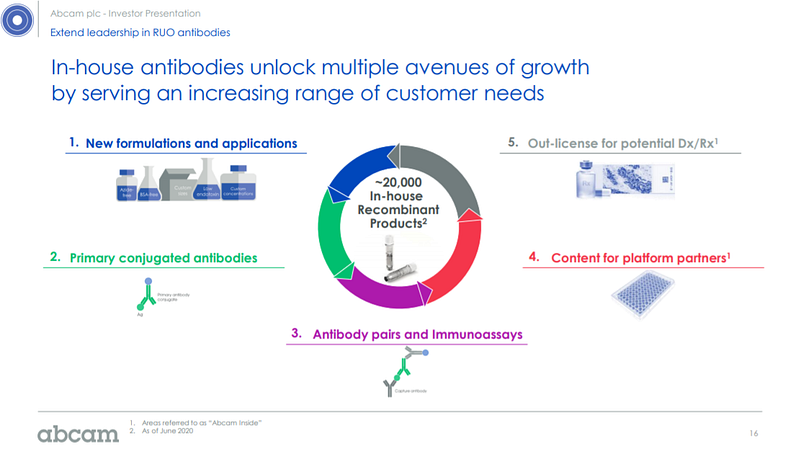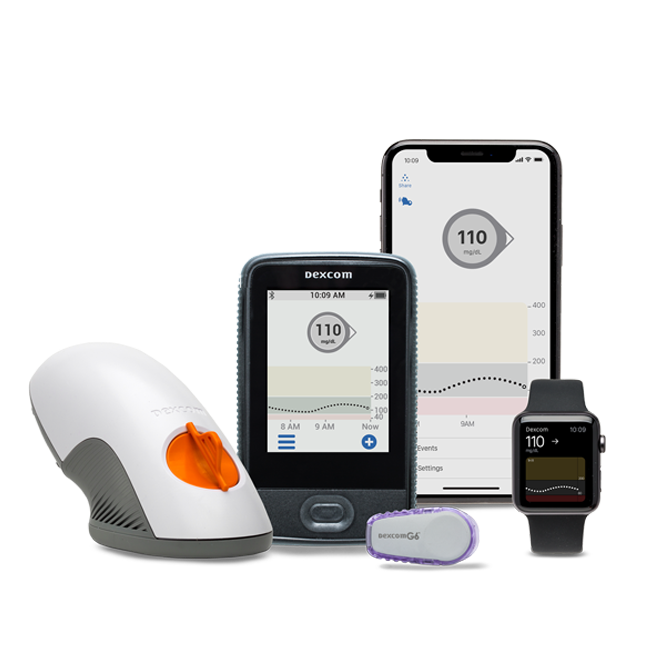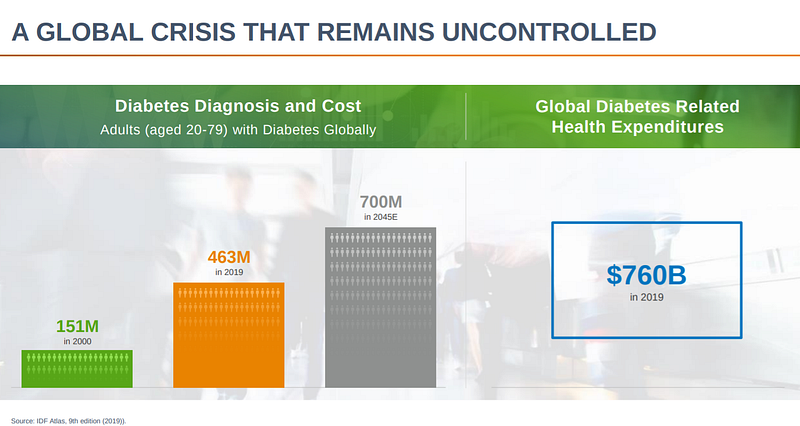# Transformative Insights: The Future of AI in Life Sciences
Written on
Chapter 1: The Role of AI in Life Sciences
Artificial Intelligence (AI) holds the promise of revolutionizing various sectors within life sciences, from preclinical drug development to synthetic biology and diagnostics. Over the past five years, foundational research in AI has progressed significantly, enabling biologists to leverage data as much as they do traditional benchwork. This technological evolution is poised to reshape the landscape of biological research.
One notable aspect is that AI-first companies in life sciences often diverge from conventional models. While traditional firms typically rely on a core intellectual property or a biological hypothesis, AI-driven enterprises may initially resemble research and development facilities. These innovative companies encounter unique challenges, such as:
- Generating large, unbiased datasets: This is a more complex task than what traditional life sciences companies face.
- Recruiting and training engineering talent: Bridging the gap between computational and biological expertise is essential.
- Implementing biologically relevant models: This involves integrating diverse datasets to develop accurate biological representations.
Section 1.1: The Necessity of Quality Data
To thrive, an AI-focused life sciences company must prioritize the acquisition of high-quality data, which is crucial in drug development. Often, data remains siloed within individual companies, making collaboration difficult. In diagnostics, however, retrospective studies can be accessed if there is a robust network within the medical community. Synthetic biology similarly faces challenges akin to drug development in terms of data accessibility.
The need for significant upfront investments in specialized laboratory infrastructure is evident. This requirement stems from two primary factors: the unavailability of well-labeled datasets free from artifacts and the inadequacy of existing datasets for creating precise models. AI-driven firms frequently design custom experimental workflows, utilizing technologies like iPSCs, DNA-encoded libraries, microscopy, and antibody screening. The experimental outputs feed into algorithms that aim to yield insights across various applications, from small molecule design to engineering CHO-cells. Initially, many of these companies can resemble academic laboratories focused on biological discovery, often requiring substantial funding due to the high costs involved.
Subsection 1.1.1: Collaboration Between Disciplines

The next challenge lies in fostering collaboration between software engineers and biologists. Effective integration of computational and laboratory work depends on the synergy between these two groups. Established firms in drug development often hesitate to invest in machine learning talent due to salary concerns, which may hinder their progress. Over the next decade, top software engineers could command salaries in the millions, which AI-centric life sciences companies are well-positioned to attract, as exemplified by firms like Insitro.
Section 1.2: Building Enhanced Biological Models
A significant opportunity exists in amalgamating datasets and talent to create improved biological models. Such models can classify specific cells, match small molecules based on function, or predict genetic circuit behavior. If the biological data is meticulously generated and interdisciplinary teams are established, these models can identify new drug targets, engineer metabolic pathways, and develop superior medicines. However, managing the rapidly expanding scale of data poses a considerable challenge for life sciences teams.
Ultimately, AI-focused life sciences companies may initially appear as service-oriented entities concentrated on software development and data generation. To seasoned professionals, these organizations might seem more academic than commercial. Nevertheless, the long-term vision for many of these companies is to develop and commercialize their own products, and time will reveal which will thrive.
Chapter 2: Marketplaces for Antibody Reagents
Antibody reagents play a crucial role in biomedical research and drug development. Over the past two decades, several antibody marketplace companies, such as Abcam, BenchSci, and Antibodies-Online.com, have emerged, demonstrating the effectiveness of marketplaces in the life sciences sector.
Antibodies are invaluable in research due to their high specificity and affinity for numerous targets. With billions of possible antibodies available, they are ideally suited for marketplaces that efficiently match supply with demand. Scientists can search for antibodies based on specific criteria, compare options, and choose the best fit. Ideally, a marketplace enhances price transparency and standardization while providing suppliers greater access to customers. Currently, with around a million antibodies available to researchers (over 100,000 on Abcam), the antibody reagent market generates more than $10 billion in annual revenue, leaving ample room for growth.
Section 2.1: Leveraging Machine Learning in Antibody Selection
Emerging opportunities include aiding scientists in reagent selection, a perfect area for machine learning applications to help identify ineffective antibodies. BenchSci leads the way in this space, addressing issues stemming from the reproducibility crisis in research.
Additionally, niche marketplaces focused on complex products like CRISPR reagents, RNAi, and cell lines present significant potential. Developing tools to assist researchers in structuring data from literature can streamline the reagent selection process and save considerable time.

Chapter 3: Innovations in Diabetes Management
Continuous glucose monitoring (CGM) has been revolutionized by companies like Dexcom, which has set the standard for CGM devices. This disposable device attaches to the body, providing real-time blood sugar tracking via a smartphone, thus facilitating better disease management.
As Dexcom serves hundreds of thousands of patients, the potential for new entrants in the diabetes market remains vast. Opportunities include:
- Developing CGM devices with longer wear times than current models.
- Aggregating data to encourage healthier patient behaviors, as seen with Virta Health.
Looking further, there is a promising avenue to adapt Dexcom's technology for consumer use. Anecdotal evidence suggests non-diabetic users have experienced significant lifestyle changes simply by monitoring their glucose levels. Are there companies currently working on consumer-targeted devices similar to Dexcom’s?
